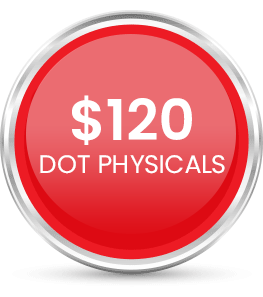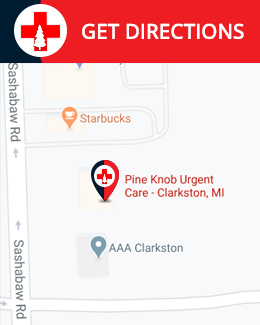Bronchitis Treatment Doctor Q&A
Air tubes that carry oxygen to and from the lungs become inflamed when someone has bronchitis. The main signs include coughing and trouble breathing. It can be acute or persistent. Acute bronchitis is very common, usually caused by an infection, and can be transmissible. If you are looking for immediate bronchitis treatment in Clarkston MI, look no further than Pine Knob Urgent Care. For more information, please contact us or simply walk in! We are conveniently located at 6310 Sashabaw Rd, Suite C, Clarkston, MI 48346.




ADDITIONAL SERVICES YOU MAY NEED
• Physical Examinations
• Pediatric Services
• On-Site X-Ray
• Bronchitis
• Strep Throat
• On-Site Lab
• Occupational Medicine
• Vaccinations
• Migraine
• STI Testing
• Dot Physical Exams
• Flu Shot
• Laboratory Testing
• Auto Accident Injury



